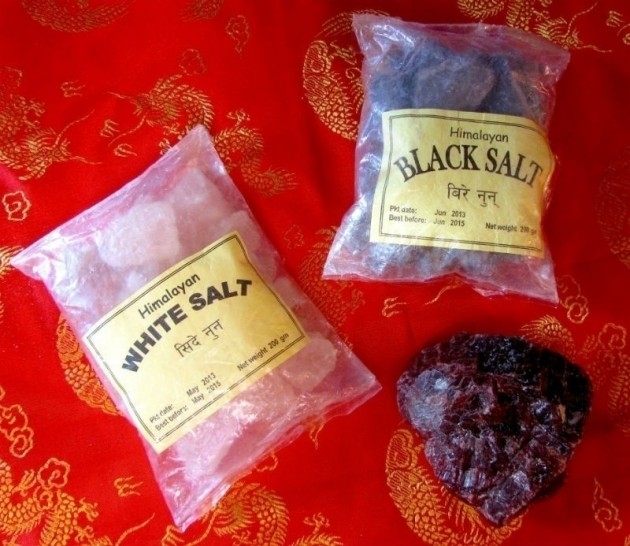Urinary calculi occurring in any part of the urinary tract are abnormal concretions usually composed of mineral salts such as mixtures of calcium oxalate, calcium phosphate, and magnesium ammonium phosphate.
They vary in size from microscopic to several centimeters in diameter. About 80% of all urinary stones contain calcium. The majority of these are composed of calcium oxalate. Contrary to previous notions, dietary calcium is seldom closely linked to the development of urinary oxalate stone formation. "Dietary Influences on Serum and Urinary Oxalate in Healthy Subjects and Oxalate Stone Formers," Butz M, et al, Urol Int, 1980:35:309-315. 32760
In fact, calcium restriction may be contraindicated in calcium stone formers. The following is a general overview of treatment for kidney stones:
They vary in size from microscopic to several centimeters in diameter. About 80% of all urinary stones contain calcium. The majority of these are composed of calcium oxalate. Contrary to previous notions, dietary calcium is seldom closely linked to the development of urinary oxalate stone formation. "Dietary Influences on Serum and Urinary Oxalate in Healthy Subjects and Oxalate Stone Formers," Butz M, et al, Urol Int, 1980:35:309-315. 32760
In fact, calcium restriction may be contraindicated in calcium stone formers. The following is a general overview of treatment for kidney stones:
Suggested Nutritional Supplementation
- Mag Citrate - 1-2 tablets 2 times daily with meals.
Highly absorbable magnesium with calcium.
- Pyridoxal 5-Phosphate - 1-2 capsules 2 times daily with meals.
The active form of B6.
ChloroClear - 2-4 softgels daily with meals.
Contains a high-potentcy sodium copper chlorophyllin complex.
Dietary Suggestions
- FirstLine Therapy® Diet
Dietary Restrictions:
1. Avoid sugar.
2. Remove high oxalate foods such as coffee, rhubarb, spinach, beans, cocoa, tea.
3. Avoid Cola drinks "Effect of Cola Consumption on Urinary Biochemical and Physicochemical Risk Factors Associated With Calcium Oxalate Urolithiasis," Rodgers A,Urol Res, 1999;27(1):77-81. (Address: A. Rodgers, Dept Chem, Univ Capetown, South Africa.) 32790
4. Limit sodium intake.
5. Avoid caffeine (increases urinary calcium excretion)
6. Follow the FirstLine Therapy® Diet






